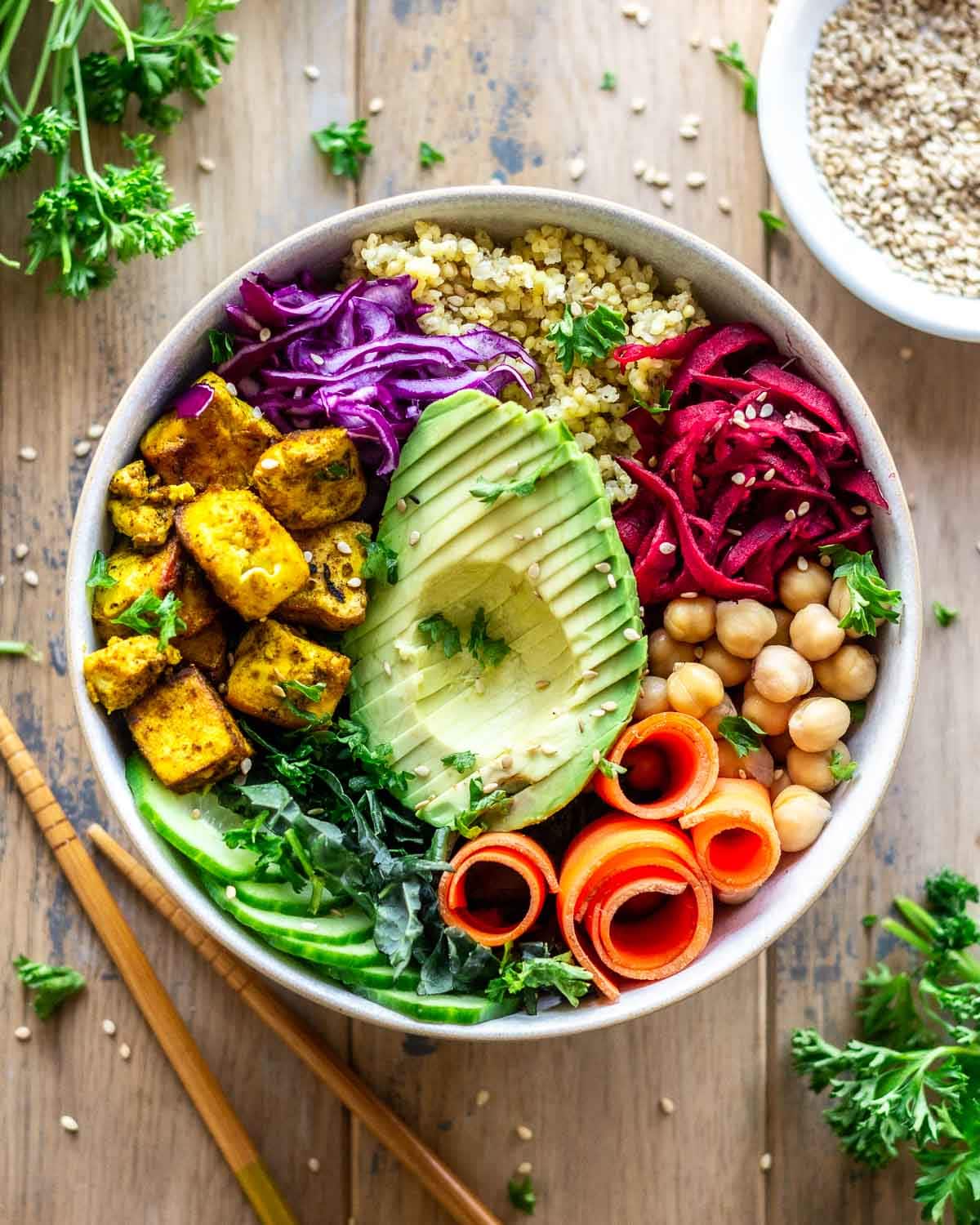
Today, the biggest source of protein intake in the Western diet (mainly Europe and the USA) is meat. There’s not a thought spared for legumes, pulses or vegetables, including vegetable proteins. The problem with consuming animal protein is that it has serious consequence for both us the planet we inhabit. If we want to continue to enjoy our beautiful planet in the future, we seriously need to rethink our diet and balance our sources of protein.
Our over-consumption of meat doesn’t only have negative effects on our health but also on the planet.
Our love of meat is one of the reasons that global warming is such a troubling problem today: the fact is that over 1/3 of our greenhouse gas emissions come from agriculture. Transport is responsible for much less. Shocked?
Let us explain. Producing 1 kg of beef protein requires almost, the equivalent of 300 kg of C02. Livestock, particularly cattle, also produce incredible amounts of methane gas. Scientists consider methane gas to be extremely harmful, as it is 30 times more powerful than carbon dioxide in its heat trapping qualities. It might be worth trying to remember this next time you order a steak.
Farming is also responsible for 80% of the destruction of the Amazon forest. Why? Because livestock need more space and food than you think in order to grow well enough to make juicy steaks. 70% of the agricultural land in the world is devoted to farming livestock. Can you imagine how many square metres this represents?
And if you needed any more reasons as to why animal farming to this extent is unsustainable, it’s also been proven that animal agriculture is one of the main causes of pollution and water wastage. Animal agriculture is responsible for 80-90% of ALL water consumption in the US. This comes from the water needed to produce beef and the water needed to produce crops to feed livestock.
Now let’s talk about the health side of things.
Eating too much meat, particularly red meat and poultry based snacks like breaded chicken or chicken nuggets has been linked to cancer, obesity and heart disease. Furthermore, farming, especially non organic, ‘ordinary’ farming (which is the vast majority of farming) is very unsanitary, often rife with diseases that can be transmitted to humans, such as avian influenza or the mad cow disease.
This in turn leads to problems with antibiotic resistance. In an attempt to combat this, farmers tend to use antibiotics on their animals. The overuse of such drugs increases the risk of emergence of resisting bacterial strain, causing serious health hazards.
Enough of the doom and gloom. There are solutions to overcome this; and they don’t have to involve strict veganism.
If we all just ate meat less often, the demand for meat would decrease, and the demand for sustainable alternatives would increase. Limiting our consumption of meat and animal products would be a huge step in the right direction.
Naturally, at this point a lot of people become worried about how on earth they will manage to maintain a balanced diet. However, in reality its not difficult. There are a vast array of vegetable proteins available for you to choose from, including: grains (quinoa, bulgur, barley, wheat…), pulses (lentils, chickpeas, beans…), legumes (soybeans, almonds, nuts …) and vegetables (sweet potato, spinach, peppers…). All of these alternatives are also rich in vitamins and minerals. The one vitamin that may be difficult to come across without meat is vitamin b12, but it’s abundant in leafy green vegetables and nutritional yeast! What are you waiting for?
There are many recipes available for tasty and fulfilling vegetarian or vegan meals. Click here to discover our quinoa based recipes. Did you know that in Africa, Latin America and some Asian countries, people’s health habits are based on more vegetarian diets than you think? And yet, some of them live way longer than us Westerners do. Plus, eating less meat is good for your piggy bank, in addition to being good for you and the planet too! It’s safe to say that eating more vegetables and less meat is a real commitment to a more sustainable and eco-responsible way of living. So what are you waiting for? Get started as soon as you can.
